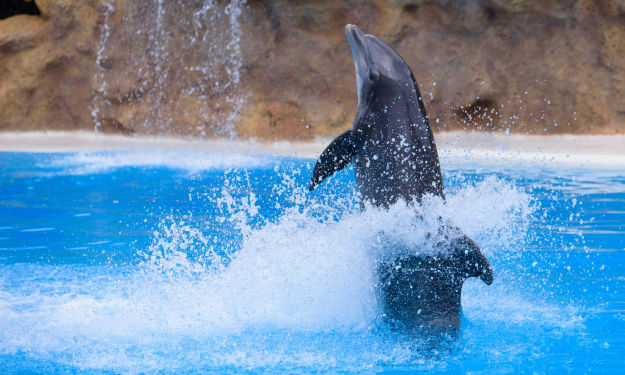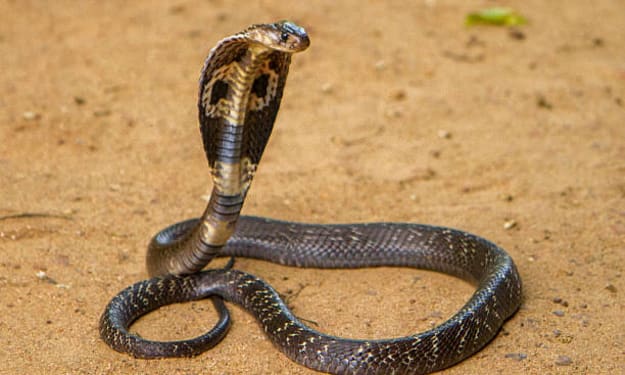When Vancouver Aquarium Struggles, PETA Exploits
With the COVID-19 Pandemic forcing Vancouver Aquarium to shut down until the quarantine period has ended, not only are they now struggling to financially support their animals but also, PETA is exploiting the situation.

Six weeks in its closure, due to the COVID-19 pandemic, Vancouver Aquarium is financially struggling to care for its sea otters, seals, sea lions, and other animals that call the 64-year-old facility home. The closure did not just mean a loss of revenue of about $3 million a month but also, a loss of about 2,00 visitors who patronize the aquarium each day through animal encounters, admission, behind-the-scene tours, and symbolic animal adoptions.
As a result, about two-thirds of its staff was laid off while those who stayed behind saw their hours get reduced. Also, all maintenance and construction projects were put on hold and the marine mammal rehabilitation facility was forced to shut down.
It’s parent owner, Ocean Wise Conservation Association, requested $9.5 million in relief money from the Canadian government, which by the way, is pretty much against the keeping of marine mammals in human care, but seems to have no issue with activists willing to run their very own “sanctuary” in Nova Scotia, which got approved earlier this spring. If the Canadian government doesn’t provide aid to the aquarium, then there could be a good chance that it might face bankruptcy this summer.
However, while closing its doors for good after the pandemic may seem like a plausible idea, the Vancouver Aquarium family was not going to do that at all. Instead, they teamed up with a local soccer team to raise funds for the animal care programs and continue rescue and rehabilitation efforts for British Columbia’s wild marine mammals by selling over 100,000 face masks and were able to raise $1 million in two weeks from donors who lived as far as Finland, and the Philippines.
While the world was showing it’s support for Vancouver Aquarium and giving them whatever money they have on them to ensure that they can continue to care for their animals during these tough times, PETA decided to exploit the plight of the facility by taking matters into its own hands. Instead of providing much-needed funds that Vancouver needed to care for the animals, they decided that harassing them with threats and exploit the situation in the name of animal rights was a far more “appropriate” course of action on their part.
In a recent scam of a campaign, PETA advised it’s followers to harass Vancouver Aquarium by sending them emails to urge them to stay close and remain a “rescue” facility and transfer all the resident animals to non-existent sanctuaries. On its website, PETA claimed that Vancouver’s keeping of animals under its care for public display to “gawk” at is a “speciesist, human-supremacist view”. While that may have been true in the 19th century when animals were captured and kept in small cages (so were people who were either severely disabled or had mental disorders), standards have much improved over the last 50 years. Also, seeing animals in person under goo animal welfare standards is very different from the virtual reality and robotic puppet alternatives, which is something that extremists have been demanding for years.
However, some PETA members on social media do compare animal habitats at accredited facilities to “human zoos” from the 19th century. This shows that activists act like they are still living in the past even though a lot in terms of how zoos and aquariums care for animals has changed. This also includes how to maintain animal habitats, better ways to train them for education, enrichment, and husbandry sessions, and better ways to provide better nutrition to ensure the animals are healthy at all times.
A lot of people don’t realize that when an accredited zoo or aquarium shuts its doors down for good, the loss would mean one less place for the general public to connect with nature. Sure, I am aware of all the books, video games, and YouTube videos that people can use to look up certain species if they are stuck on some information they may not know of, but these secondary alternatives are just nothing but quick fixes that are never going to replace an encounter with a live wild animal they never get the chance to encounter in a wild setting.
Yet, PETA calls the removal of accredited facilities and their education outreach programs a “victory” because all that matters to them is the fact that it would another round of being able to gain influence and de facto control over the marine mammal community. They aren’t about saving animals, they are about trying to gain power and control over facilities and sabotage any effort that is aimed at actually saving wildlife.
It just shows PETA’s true colors when it comes to these situation.
About the Creator
Jenna Deedy
Zoo and Aquarium Professional, Educator, Cosplayer, Writer and B.A. in Psychology whose got a lot to share when it comes to animals, zoos, aquariums, conservation, and more.
Instagram: @jennacostadeedy






Comments
There are no comments for this story
Be the first to respond and start the conversation.